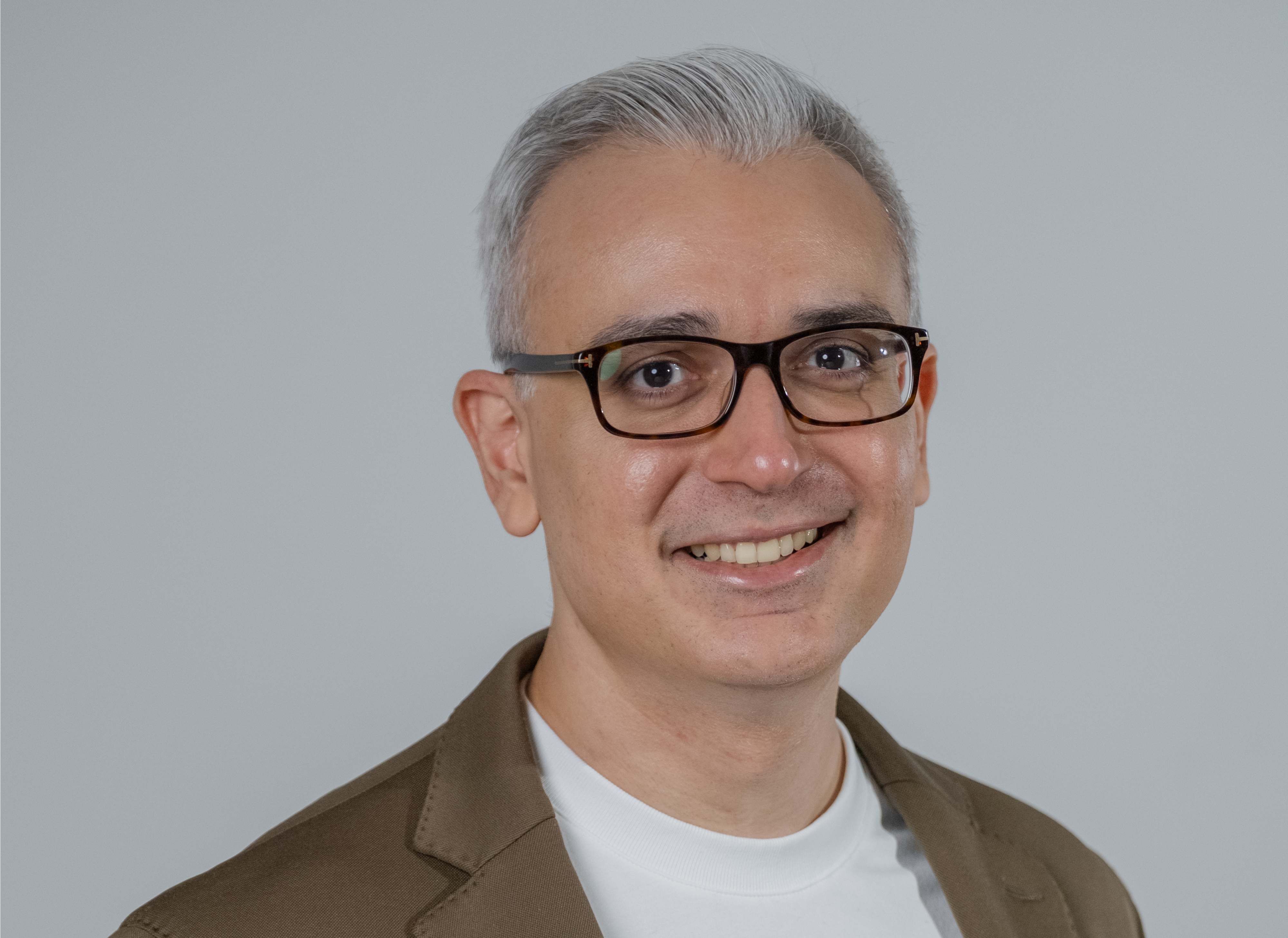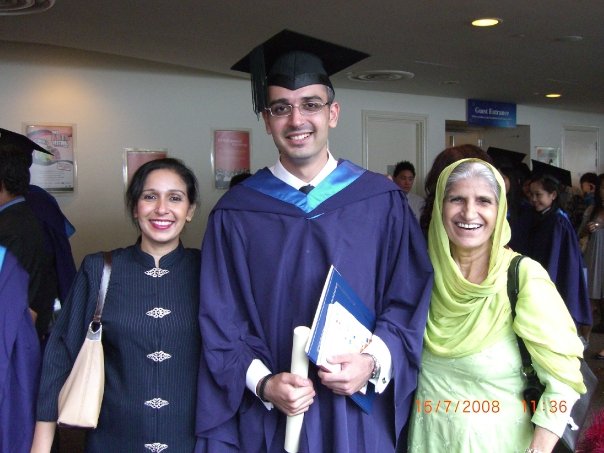PAV GILL: MORE THAN JUST THE ‘WIRECARD WHISTLEBLOWER’
Why he’s advocating for action to help in-house counsel, who face unique ethical conundrums.

BY ASHUTOSH RAVIKRISHNAN
When most hear “Pav Gill”, they think “Wirecard whistleblower.” But there’s more to his story – one that speaks directly to the ethical dilemmas faced by in-house counsel. A graduate of NUS Law, Pav’s career began as a pupil of Mr Jimmy Yim SC, a mentor known for his rigorous approach to ethics. Pav’s subsequent roles at top firms like Allen & Overy, Clifford Chance, and King & Spalding shaped his approach to ethics and integrity, lessons he carried into his in-house roles in the fintech space.
“There was an instinct to ‘fix’ things,” Pav says, recalling the urge to smooth over inconsistencies such as word use in affidavits. “In private practice, you're surrounded by ethical guardrails – peers, seniors, and professional conduct committees. However, in-house counsel face a different reality, where ethical decision-making often lacks the same structure.”

Pav at his graduation from NUS Law
THE ETHICAL TIGHTROPE OF IN-HOUSE COUNSEL
Unlike private practitioners who primarily provide legal advice, in-house counsel operate at the nexus of business strategy and law, directly influencing commercial outcomes. This role comes with unique pressures and ethical challenges, which Pav sums up as follows:
He sums up the challenges as follows:
The Commercial vs. Legal Paradox: Independence is the hallmark of private practice, but in-house counsel often find themselves pressured to “find a way” to make business decisions legally viable, even when they teeter on ethical gray areas. This tension between legal and commercial interests can undermine ethical standards.
The Isolation Factor: Unlike the law firm environment, in-house counsel often work without peer support or oversight, making them solely responsible for upholding ethical standards. This isolation can expose them to pressure and internal conflicts.
Blurred Accountability: In-house counsel typically report directly to the CEO or C-Suite with dotted lines to the executive board, creating potential conflicts between serving the company’s leadership and upholding broader legal principles. Escalating ethical issues becomes complicated, particularly when boards and management are closely aligned.
WHAT’S THE SOLUTION?
Pav believes that meaningful change requires more than policy tweaks; it demands a fundamental shift in how in-house legal teams are empowered. The traditional reporting structure – directly to the CEO with a dotted line to the board – often dilutes the independence needed for ethical decision-making. Instead, Pav advocates for General Counsel to have explicit reporting obligations to the board, allowing them to uphold legal standards without fear of conflicting business interests.
“It’s about elevating the General Counsel to the role of an ethical steward, not just a legal gatekeeper,” Pav explains. Creating a buffer between legal teams and business operations empowers counsel to make objective decisions and raise concerns without fear of reprisal, ultimately reinforcing a company’s ethical culture and public reputation.
In his upcoming fireside chat with Gregory Tan, Joint Head Legal & Regulatory at Temasek, Pav will dive deeper into these issues, exploring practical solutions for empowering in-house counsel, maintaining ethical standards, and the evolving role of General Counsel in what Pav calls the “full-contact sport” of risk and compliance.

The young whistleblower
LIFE AFTER WIRECARD – BUILDING THE CONFIDE PLATFORM
Being branded as the Wirecard whistleblower came with both opportunities and challenges. While some companies saw Pav’s experience as an asset, others hesitated to hire someone known for exposing misconduct. Rather than return to a conventional role, Pav channelled his experience into action, founding the Confide Platform.
“As a major financial hub, Singapore has a responsibility to implement an overarching whistleblower framework. Why that has yet to happen is anyone’s guess. I’m confident it’s not a matter of ‘if’ but ‘when’.”
“Since exposing Wirecard, I’ve been driven to transform my experience into something truly impactful,” Pav explains. “Organizations worldwide struggle with managing internal reporting, whether HR issues like harassment or financial crime whistleblowing. Most solutions focus only on intake, leaving critical aspects like management, resolution, and compliance unaddressed.”
This is where Confide comes in. More than a whistleblowing tool, it’s a GRC software platform designed to empower organizations to proactively manage governance, risk, and compliance. Built on four pillars – Receive, Manage, Resolve, and Comply – Confide integrates secure reporting, automated case management, and real-time audit trails into a comprehensive solution. Confide’s mission is to seamlessly transform how companies approach GRC, ensuring accountability from start to finish.
“The goal was clear – use my journey as counsel and whistleblower to build software that helps companies better manage ethics and compliance, by being proactive, not reactive,” Pav reflects.
Confide is already making strides to become a Singapore success story – transforming how companies worldwide are leveraging technology to integrate ethics and compliance, and foster trust with their stakeholders.
In many ways, it already is.
Join Pav and Gregory for a frank discussion on ethics, held as part of SAL’s Legal Profession Symposium on 7 October . Other speakers include Dr Stanley Lai SC, Mr Jason Chan SC and Mr Siraj Omar SC. The event is C$-redeemable and limited slots are available; register here.






